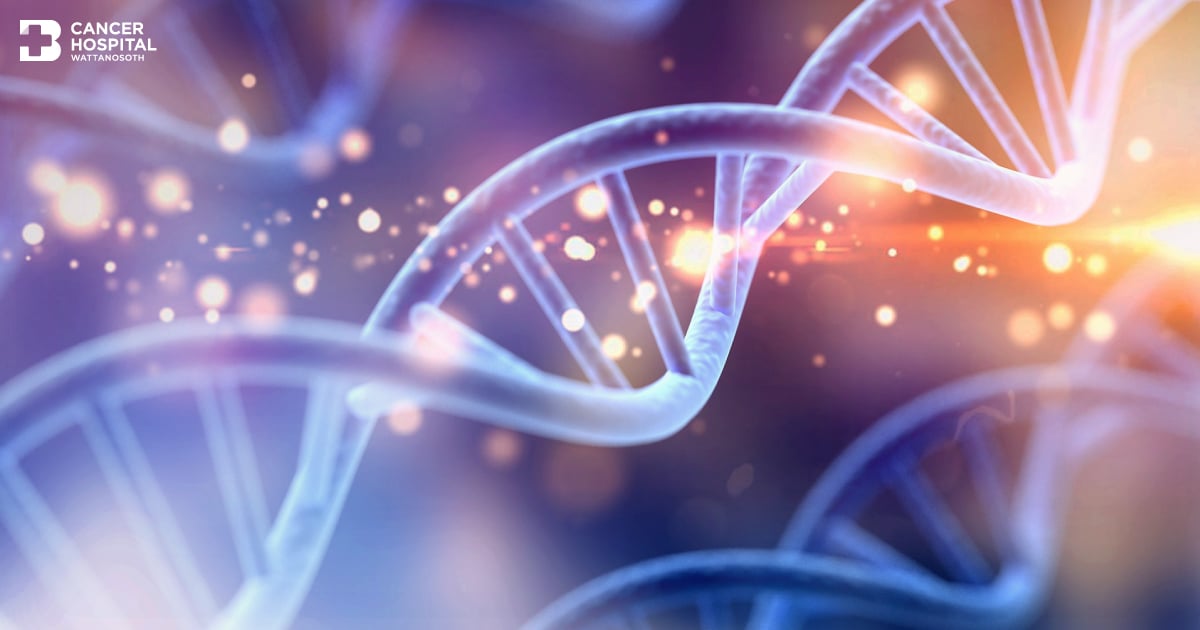
CANCER PRECISION MEDICINE
Cancer is one of chronic conditions that is common among the population. Although healthcare advancement correlates well with better management of infections and other conditions in elderly population, age – related conditions are also on the rise.
Current medical advancements reveal that cancer is the disease of genes that cause certain cells to change their behavior and grow uncontrollably or turn cancerous and start spreading. Current technology offers molecular diagnostics tools to find gene mutations that can lead to cancer as well as find targeted therapy for these mutations.
Precision medicine can be used to diagnose and treat cancer patients as a standard so that the right treatment can be given to the right target. This leads to better results and patients are stable enough to return to their normal routine. Molecular detection of genetic mutations can be performed on tumor biopsies of patients diagnosed with breast, lung, and colon cancers so that the right targeted therapy can be chosen based on individualized cancer cell profile. Furthermore, certain chemotherapeutic drugs can be avoided if there are indications that they may not work. Molecular diagnostics reveal genetic mutations to help with diagnosis as well as choosing targeted therapy so that treatment can have better outcome. Currently, new classes of targeted therapy are being developed continuously.
Hereditary Cancer Can Be Screened, Treated, and Prevented.
About 10 years ago, actress Angelina Jolie made headlines around the globe when she announced via The New York Times in 2013 that she decided to have both of her breasts removed because she has a high risk of breast cancer during her lifetime. This news raised instant social awareness about breast cancer and hereditary cancer tremendously.
Breast cancer is the most common form of cancer among women. Studies of Western population showed that the risk of breast cancer in women over their lifetime is one in ten. Incidence of breast cancer in Thailand is lower but it has been on the rise, even though there are campaigns for awareness, self-exam, and early detection. Although better treatment options are available for breast cancer patients, it is still the number one leading cause of cancer-related deaths among women worldwide.
Breast cancer is a good example of hereditary cancer. Although breast cancer is common among the population and most are sporadic cancer (as opposed to hereditary), medical advancements in the last few decades reveal that breast cancer can be hereditary. It is estimated that approximately 5 – 10% of all breast cancer arise from heredity. Doctors can look for signs of hereditary breast cancer easily, such as most of these patients are younger than usual. For example, these patients will be diagnosed before the age of 50 years old, they may have cancer in both breasts, they may have both breast and ovarian cancer, breast cancer in men, and family history of breast cancer, etc. Although, it does not necessarily mean that these patients have hereditary breast cancer, but it is important to start screening, diagnosing, and treating earlier for the well-being of the patients and their family.

Hereditary Breast and Ovarian Cancer (HBOC)
Although several genetic mutations can lead to hereditary breast cancer, the most common form is HBOC, which is caused by mutation of the genes BRAC1 and BRCA2. Patients who carry either one of these two mutations have a high risk of breast and ovarian cancers. This risk will increase as they age, and it is estimated that 80 out of 100 women who carry these mutations will develop breast cancer over their lifetime. There is also a 50% chance that they will develop ovarian cancer over their lifetime as well. This is considered very high when compared to people who do not carry these mutations. Furthermore BRCA1/2 mutations are the main cause of breast cancer in men. Currently, the cost for screening for BRCA1/2 mutations are not so high. Patients with family history or suspected risk of hereditary breast cancer should consult a medical specialist for screening recommendations.
Many people may wonder why it is important to look for hereditary breast cancer when the chance of carrying such mutation is not so high. The answer is that anyone who carries this mutation is at a high risk of developing breast cancer, especially at a younger age than most. There is also a high risk of ovarian cancer as well. Furthermore, since it is hereditary, other family members may also carry the mutation and their chances of cancer can be high as well.
Although cancer sounds deadly and no one wants to have it, early detection and regular screening can help doctors diagnose cancer in the early stages. This means that treatment will have better outcome and there is a chance for a cure. Additionally, the chance of recurrence also reduces. Furthermore, if a family member knows that they carry genetic mutation that leads to cancer, they can also choose to remove both their breasts and ovaries to reduce the risk of cancer like Angelina Jolie. Her decision to do so and statement raised social awareness and the importance of screening and early detection globally.